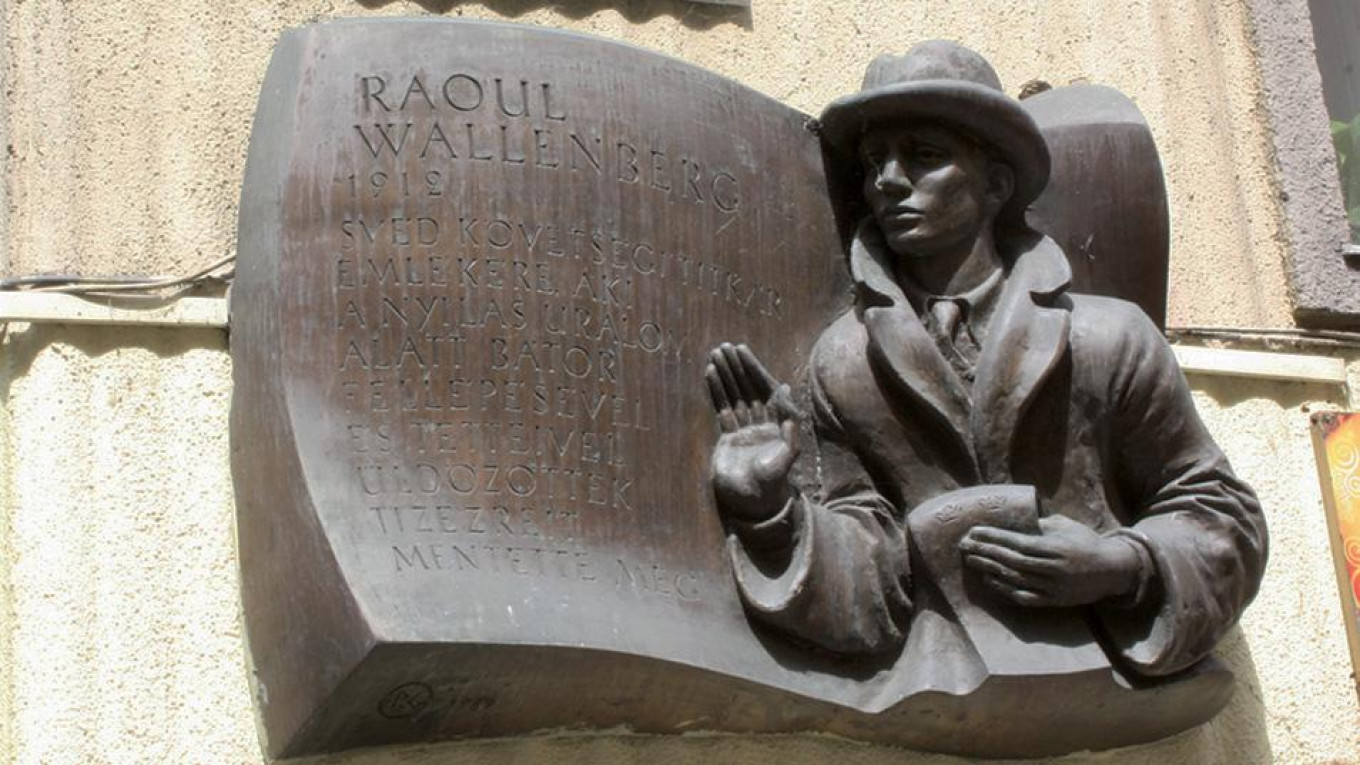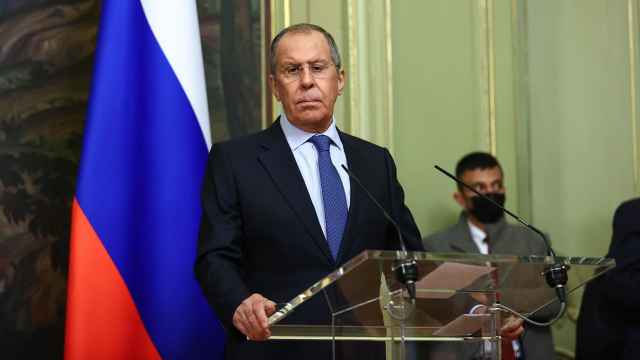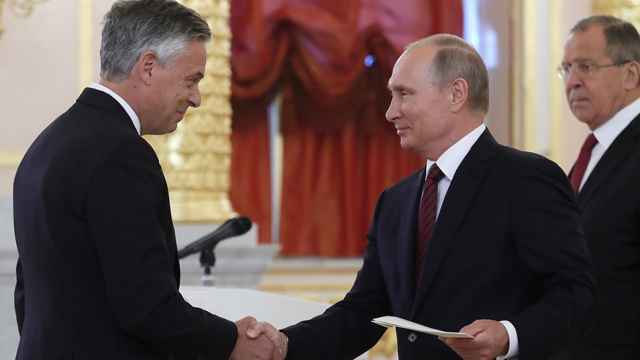A Moscow Court has upheld a decision by the Federal Security Service (FSB) not to declassify prison records which could shed light on the death of Swedish diplomat Raoul Wallenberg.
While working at the Swedish Embassy in Budapest, Wallenberg helped rescue thousands of Jews during World War II. But after the Red Army entered Hungary, he disappeared.
He is believed to have died in 1947 in a prison at the KGB’s Lubyanka headquarters in central Moscow where he was being held on espionage charges.
His relatives have for decades sought to shine light on the circumstances of his death, but have been refused access to prison records.
Wallenberg’s niece Marie Dupuy last summer sued the FSB, the KGB’s successor, for refusing to open prison records, but the case was dismissed by a district court.
On Tuesday, the Moscow City Court ruled in favor of the FSB’s decision not to release the documents, Russian news agencies reported.
A representative for the FSB was cited by the state-run RIA Novosti agency as saying that opening Wallenberg’s dossier could harm the descendants of other prisoners.
“You want us to make public that so and so sat in the Lubyanka prison, and this person’s relative lives somewhere. [That] person’s neighbor will think: if that person was detained it must have been for a reason,” the FSB representative was cited as saying.
“Not every relative wants such information to be published.”
A Message from The Moscow Times:
Dear readers,
We are facing unprecedented challenges. Russia's Prosecutor General's Office has designated The Moscow Times as an "undesirable" organization, criminalizing our work and putting our staff at risk of prosecution. This follows our earlier unjust labeling as a "foreign agent."
These actions are direct attempts to silence independent journalism in Russia. The authorities claim our work "discredits the decisions of the Russian leadership." We see things differently: we strive to provide accurate, unbiased reporting on Russia.
We, the journalists of The Moscow Times, refuse to be silenced. But to continue our work, we need your help.
Your support, no matter how small, makes a world of difference. If you can, please support us monthly starting from just $2. It's quick to set up, and every contribution makes a significant impact.
By supporting The Moscow Times, you're defending open, independent journalism in the face of repression. Thank you for standing with us.
Remind me later.






